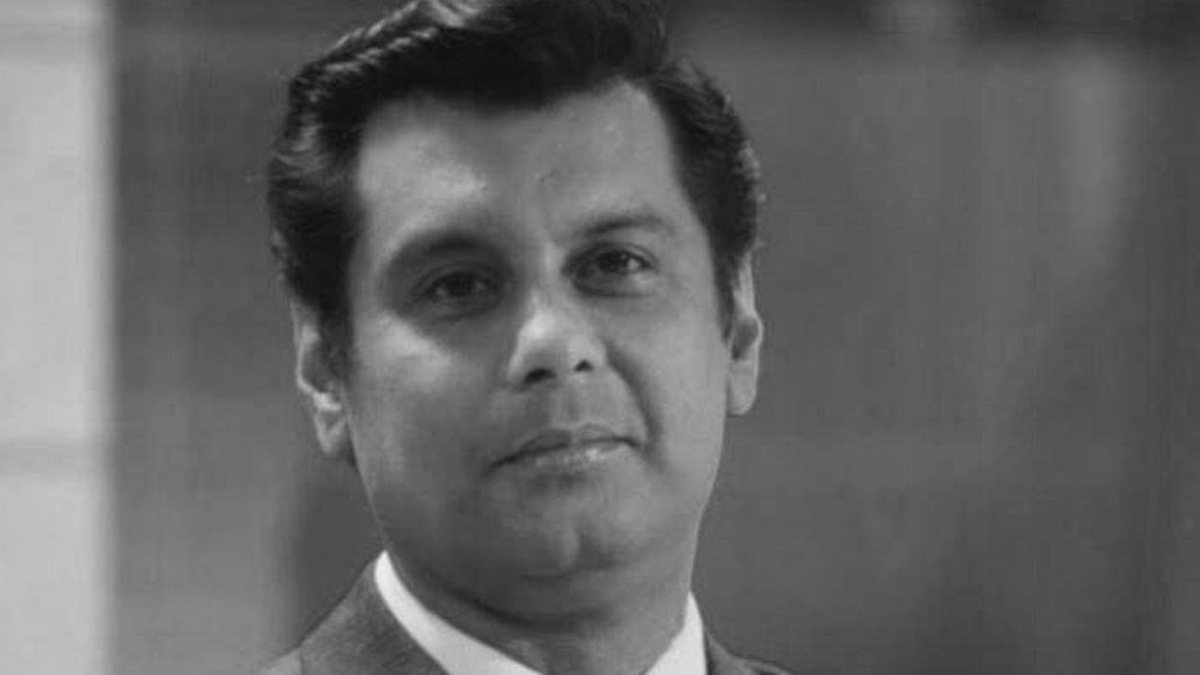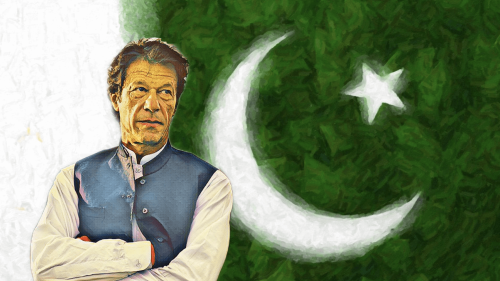Pakistani Journalist Killed in Kenya

Kenya’s national police service has said it regretted the killing of a Pakistani journalist who had been living in hiding in the country and was shot dead in Nairobi in an incident it described as a case of mistaken identity.
Officers opened fire on Arshad Sharif, 50, and a friend on Sunday after they allegedly drove through a security roadblock outside the Kenyan capital.
The officers shot at the car nine times, hitting Sharif in the head. They were on the lookout for a similar vehicle, which they claim had been linked with a child kidnapping case, according to police accounts.
“They did not stop and proceeded with the journey,” the force said on Monday. Police opened fire and gave chase, during which the car flipped over.
Sharif’s killing has raised suspicions of foul play among observers, politicians and the press. The journalist, who was a fierce critic of the Pakistani government, fled the country in August after allegedly receiving death threats over his work. His whereabouts were not publicly known. Most of his friends knew only that he had spent time in Dubai and London.
Pakistan’s prime minister, Shehbaz Sharif, tweeted he had called Kenya’s president, William Ruto, on Monday afternoon and requested and investigations into what he said was a shocking incident.
Pakistan’s high commissioner in Kenya said it was also in touch with the Kenyan police authorities and foreign ministry over the matter.
The force’s use of lethal violence has drawn concern both nationally and internationally. Kenya has grappled with police killings and brutality for years. Missing Voices Kenya, an organisation that monitors killings by police, has recorded more than 1,286 such cases since 2007, and 100 this year alone.
Kenya’s Independent Policing Oversight Authority (IPOA), which investigates police misconduct, has opened an investigations into the journalist’s killing. Some IPOA investigations, however, have dragged on for years and a number remain open.
The Foreign Press Association of Africa released a statement saying it was “deeply disturbed” over the killing and called on the Kenyan government to “fully and conclusively investigate the incident” and “unravel the mystery” behind Sharif’s death.
His, wife Javeria Siddique, told Pakistani media that he had been facing harassment for months. He “did not even disclose the name of the country in Africa where he had moved to because of security threats”, she said.
Shireen Mazari, a former human rights minister in Pakistan, tweeted: “Let there be no confusion, Arshad Sharif was murdered by a sniper bullet to his head. It was not an accident as is now being floated.” She presented no evidence to back up her claim.
Sharif, who was once close to the military establishment, became one of its fiercest critics this year. ARY Network, one of the largest channels in Pakistan, which Sharif worked with, was taken off air after his show was accused of fanning “anti-military sentiment”. The channel later announced that it was parting ways with him amid suspicions of pressure from the military.
A court in Islamabad asked Pakistan’s intelligence agency and police in August to stop harassing Sharif after he lodged a petition through his lawyer saying the security forces were violating his fundamental rights. Police and government sources confirmed at the time that he was being sought in a complaint case but said no action had been carried out to arrest him.
Pakistan has long been unsafe for journalists. It ranked ninth on the Committee to Protect Journalists’ 2020 global impunity index, an annual assessment of countries where journalists are regularly killed and the assailants go free.
( Source: The Guardian, reported by Caroline Kimeu in Nairobi and Shah Meer Baloch in Islamabad ).
READ MORE:
1. Arshad Sharif (1973 - 2022) - Wikipedia
Arshad Sharif (Urdu: ارشد شریف; 22 February 1973 – 23 October 2022) was a Pakistani journalist, writer and television news anchor. He specialised in investigative journalism and covered many political events in the country for national and international news organisations, including the United Kingdom. On 23 March 2019, he was awarded the Pride of Performance by the President of Pakistan Arif Alvi for his contributions to journalism. He was killed in Kenya on 23 October 2022.
2. Behind Closed Doors (Trailer) - YouTube
The documentary on which @Arshad Sharif Official was working with John Allan. This film is about corruption in high places and those who enable it.
3. A Tribute to Arshad Sharif - The Voice of Truth
One of Pakistan’s most well-known journalists was Arshad Sharif. The public respected him greatly for his straightforward and fearless approach to journalism.
4. Exiled Pakistani reporter shot dead in Kenya - DW
Arshad Sharif was killed in Nairobi by police in a case of "mistaken identity." Pakistani political leaders and press advocates reacted in shock, with his lawyer telling DW that a proper investigation is urgently needed.
5. Pakistani journalist Arshad Sharif shot dead in Kenya - CPJ
“We are saddened by the tragic death of Pakistani journalist Arshad Sharif in Kenya,” said Beh Lih Yi, CPJ’s (Committee to Protect Journalists) Asia program coordinator, in Frankfurt, Germany. “CPJ is seeking further details about the incident. There must be a swift and transparent investigation by authorities into his death, and authorities must release the full details as soon as possible.”
6. U.S. strongly condemns killing of journalist Arshad Sharif - GVS
The U.S. State Department spokesperson Ned Price while briefing the media in Washington said, “And it’s clear through his work that Arshad Sharif was dedicated to that fundamental right of freedom of expression – took him around the world. His work was known around the world”.
7. Outspoken Pakistani journalist Arshad Sharif killed in Kenya - Al Jazeera
The 49-year-old journalist fled the country in August to avoid arrest after he was slapped with multiple cases, including sedition charges over an interview with Shahbaz Gill – a close aide of former prime minister Imran Khan – during which Gill made comments deemed offensive to the military.
Topics: Freedom Of Speech, Journalists, Obituary, Pakistan
Views: 872
Related Suggestions

















